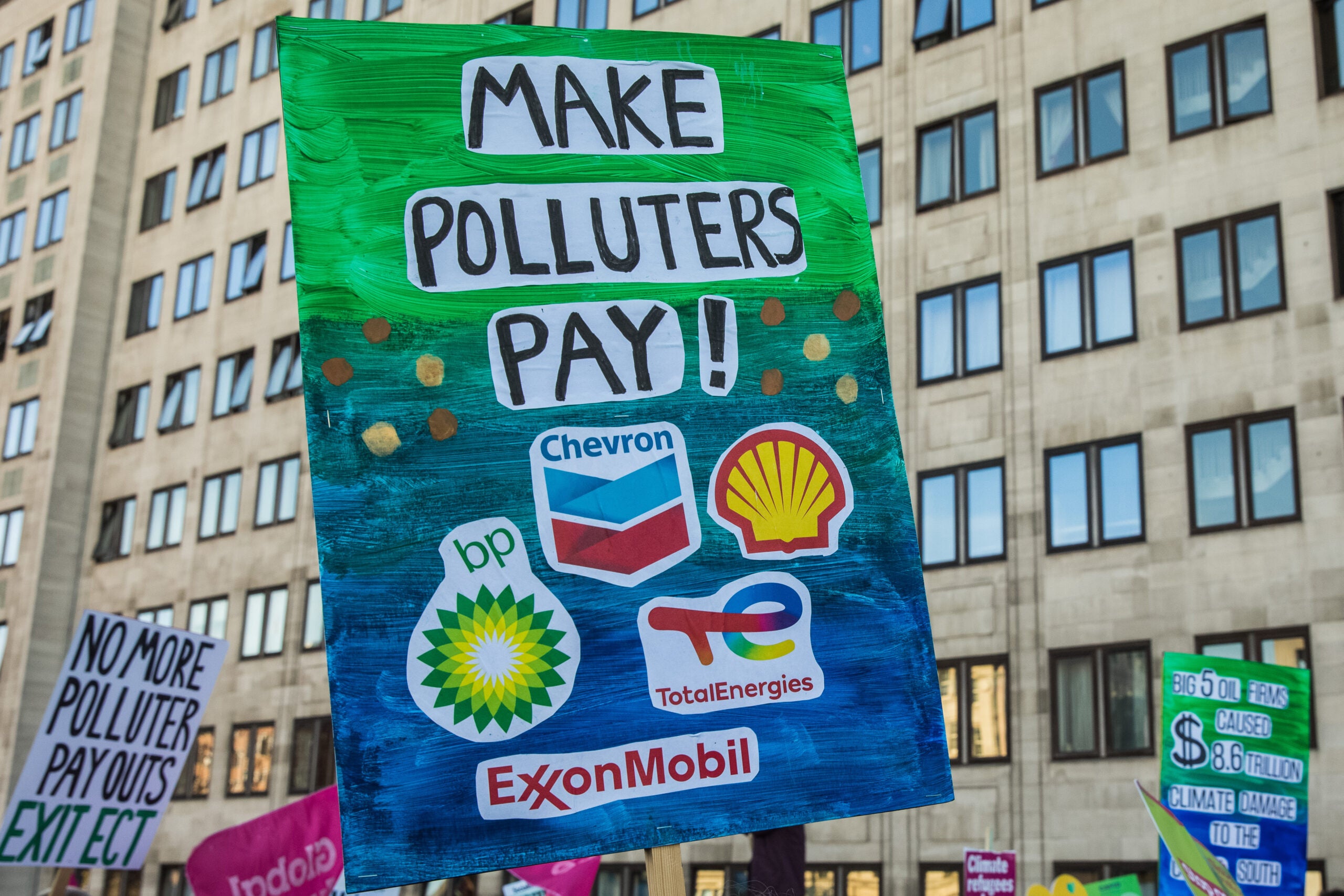
In recent years, the number of corporations committing to reach net zero by 2050 has soared, but while companies are making progress in pledging to cut emissions, a recent report from the ClimateAction100+ (CA100+), suggests that the world’s largest polluters have made less progress when it comes to drawing up robust plans to meet these goals.
In October 2022, the investor initiative CA100+ published its third benchmark assessment of more than 100 of the world’s largest corporate emitters. According to the report, marked progress on setting net-zero commitments has not been matched by companies’ implementation of “credible decarbonisation strategies”.

Discover B2B Marketing That Performs
Combine business intelligence and editorial excellence to reach engaged professionals across 36 leading media platforms.
Assessing 159 companies based on their size and contribution to global emissions according to ten different indicators relating to disclosure, the assessment reveals the greatest blind spot for companies when it comes to disclosing information is their failure to provide explicit commitments to align their capital expenditure plans with their long-term emissions reductions targets, or to phase out planned expenditure in unabated carbon intensive assets.
Highlighting numerous areas where progress has been made – 92% of companies have a board-level committee responsible for climate change, while 91% have also committed to basic aspects of the Task Force on Climate-related Financial Disclosures framework – the report shows companies have a long way to go in near-term accountability. For example, while three out of four companies report setting a net zero by 2050 target, just one in five companies report setting a short-term target for reducing emissions.
Notably, companies have made very little progress in laying out robust strategies for reaching net zero: as the chart above illustrates, CA100+ finds the overwhelming amount (91%) have failed have failed to provide explicit commitments to either align their capital expenditure plans with their long-term emissions reduction targets or to phase out planned expenditure in carbon-intensive assets.
Of the 159 companies in the assessment, just one company, electric utilities company Enel SPA, was found to tick the capital alignment box, meaning it is the only company to date found to be totally aligned with the CA100+’s benchmark.

US Tariffs are shifting - will you react or anticipate?
Don’t let policy changes catch you off guard. Stay proactive with real-time data and expert analysis.
By GlobalDataWith little to no plans in place for how they will align their capital expenditures with net zero, it is perhaps of little surprise that many of the companies in the study are assessed as having the majority of their future potential capex misaligned with the International Energy Agency (IEA)’s Beyond 2°C Scenario, as the chart below illustrates for upstream oil and gas companies.
In addition to benchmarking companies on disclosure, the CA100+ conducts an alignment assessment to evaluate the alignment of company actions with the goals of Climate Action 100+ and the Paris Agreement. Overall, it finds that companies’ "real-world activities do not yet demonstrate any meaningful shifts in business models at some companies to align with the Paris Agreement".
For example, less than a third of electric utility focus companies have a coal phase-out plan consistent with limiting global warming to below 2°C, while nearly two in three oil and gas focus companies have sanctioned projects inconsistent with this scenario.
Oil and gas company assessments are conducted by climate finance non-profit Carbon Tracker, which uses Rystad Energy Group’s UCube database to assess how far these projects are inconsistent with the B2DS. This analysis excludes consideration of projects so costly they are also inconsistent with the IEA’s Stated Policies Scenario.
ExxonMobil, for example, is found to have 73% of its 2022–30 potential future capex misaligned with net zero. These companies are therefore exposed to significant stranded-asset risk.





